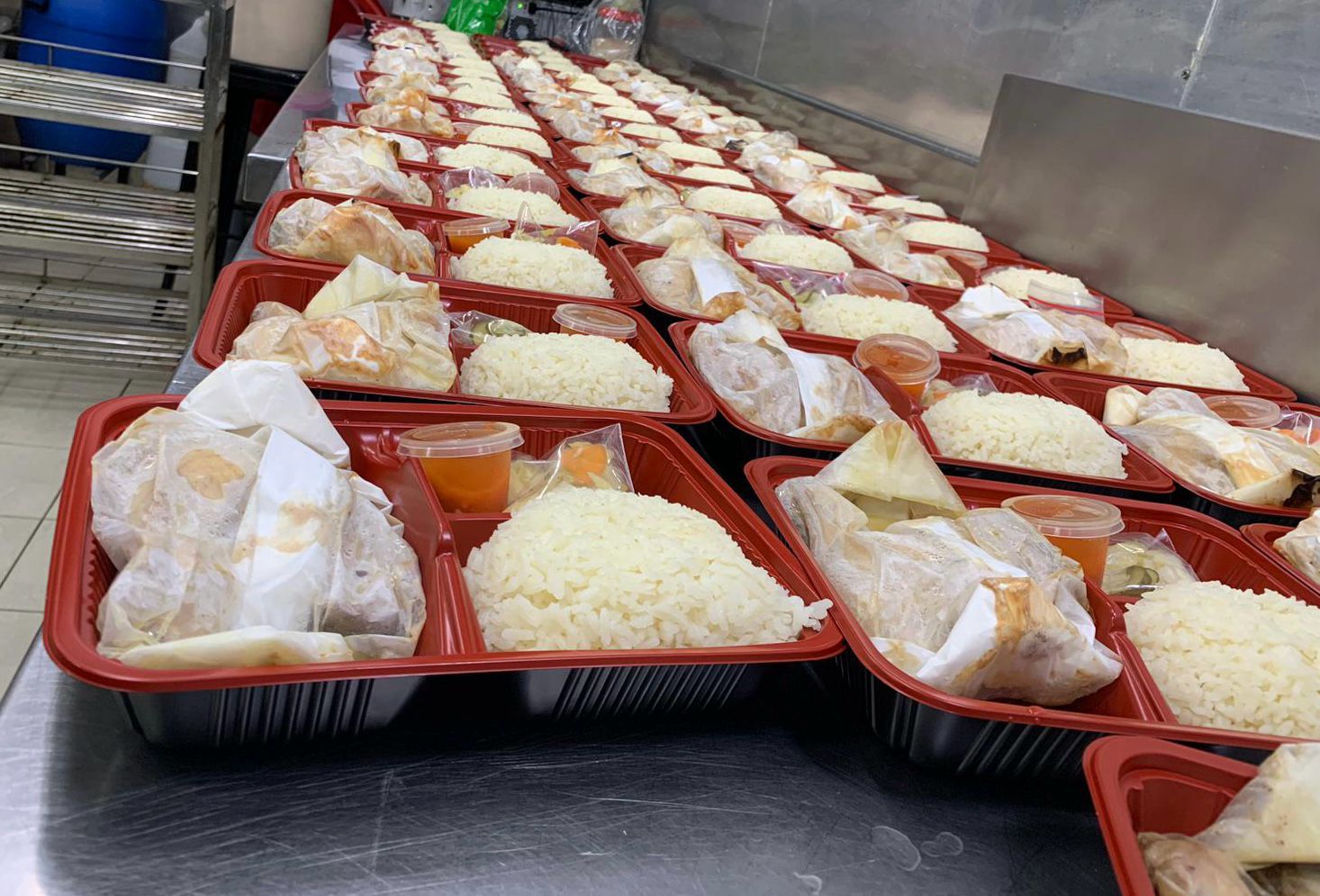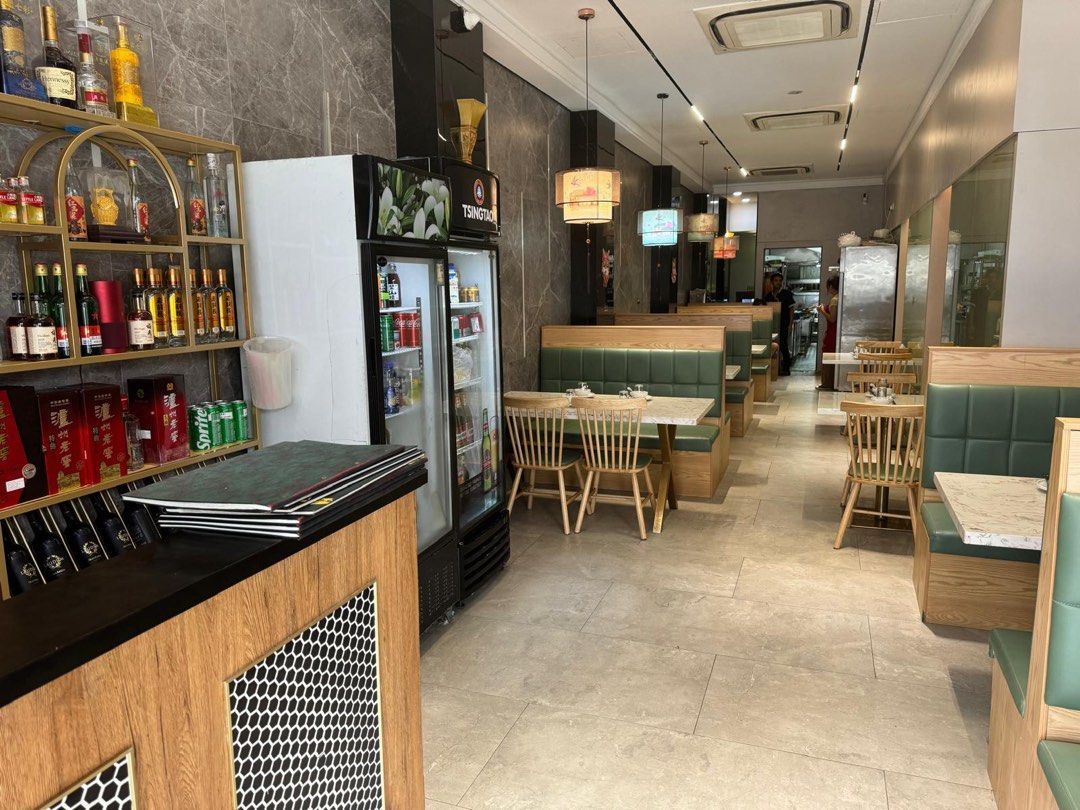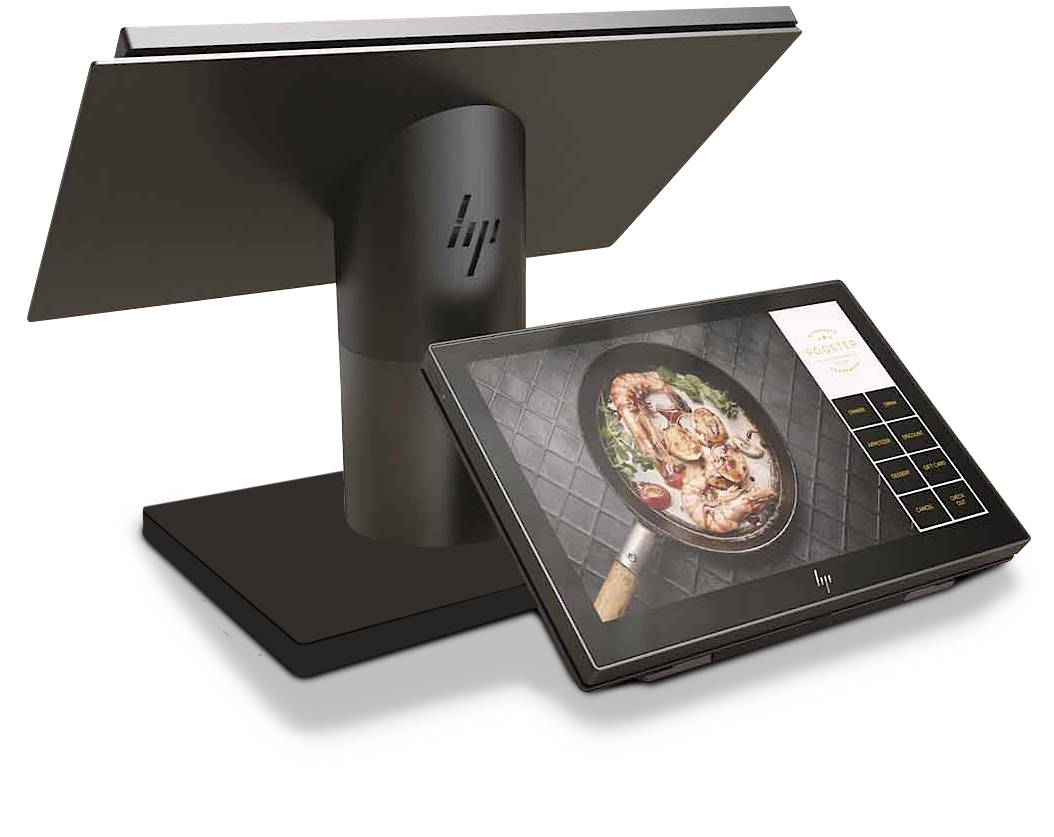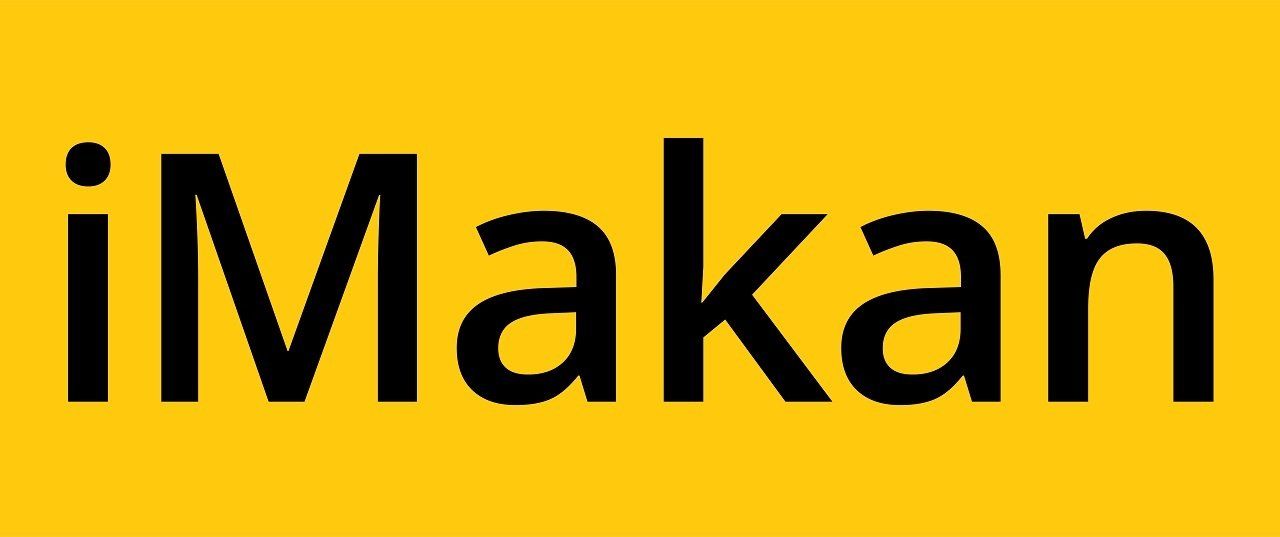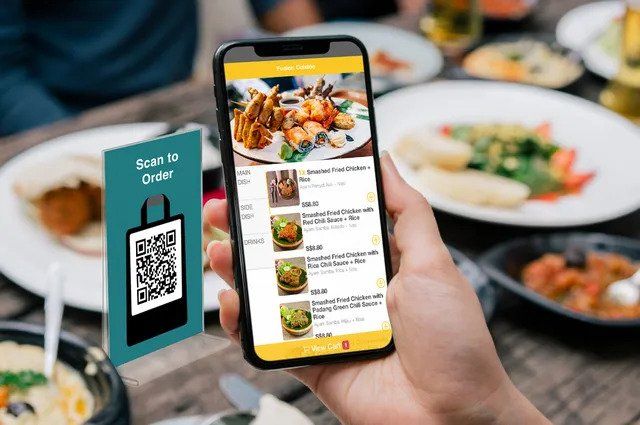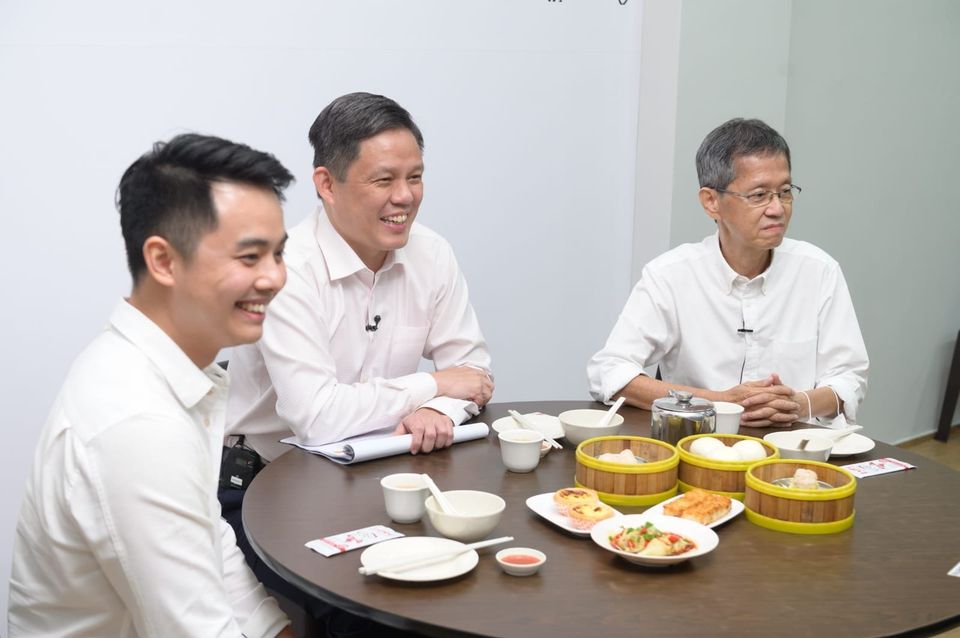
Yesterday, Singapore's Trade Minister, Mr Chan Chun Seng, visited Swee Choon Tim Sum Restaurant Pte Ltd, a traditional family-run dim sum restaurant that has been established for almost 55 years.
Starting from a single unit shop-house in Jalan Besar, they have since grown to occupy six connecting shop-houses. Mr Chan Chun Seng said on his post on Facebook: "What was most impressive to see, is how Swee Choon, one of the oldest dim sum restaurants in Singapore has embraced digitalisation, and pivoted online to remain competitive during this challenging time. As a result of their ability to adapt quickly, Swee Choon’s revenue is now back to pre-COVID-19 days thanks to revenue generated from their food delivery business."
Analysing data from their food delivery business, Swee Choon found a huge customer base in the East, and has since opened up a cloud kitchen in Tampines.
"COVID-19 has exacerbated many existing challenges faced by the F&B industry. To seize growth opportunities in the new operating environment, our F&B players must embark on transformation efforts to diversify into new revenue streams. Companies need to accelerate their efforts in digitalisation, productivity, innovation, and internationalisation to remain competitive, and continue to invest in human capital capabilities to support their business transformation needs.
The F&B sector’s road to recovery might be challenging, but there are still growth opportunities for companies that are willing and able to adapt, and relook their business models and product offerings. The Government is committed to supporting our companies and workers in this journey. By transforming, innovating, and building up new capabilities, I am confident that our F&B sector can remain competitive, and emerge stronger when the situation gets better." said Mr Chan Chun Seng.
Remaining sustainable and competitive in this current economy has been a challenge for businesses of all types, especially in the F&B industry. With the world becoming increasingly interconnected through the internet, it is prime time to start getting your business online and reach out to your customers and potential customers online.
Contact us at (+65) 6271 5788 or request a free demo below to learn how to embark on your digitalisation journey for your F&B business today!

